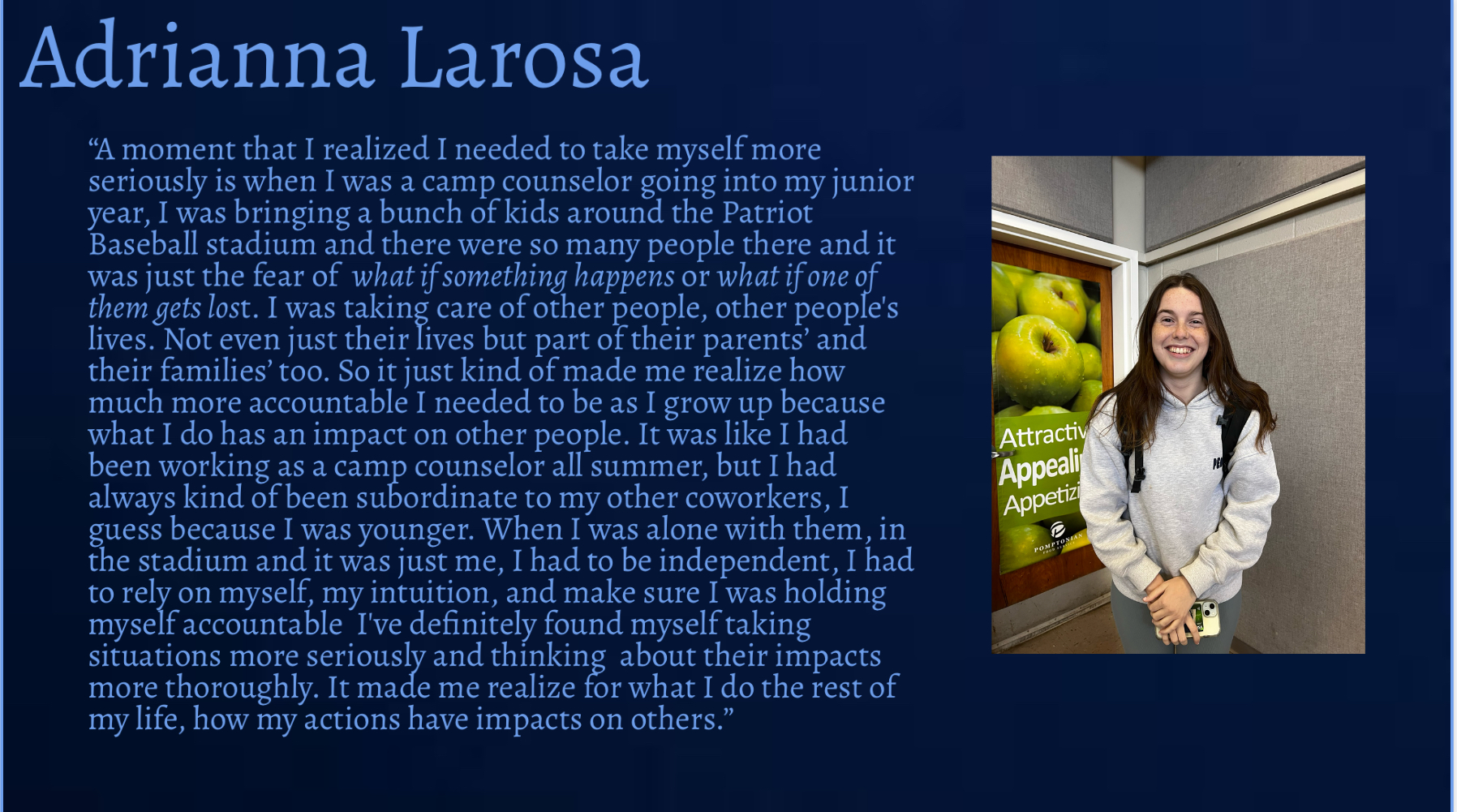Important Information About the Major COVID Variants
February 5, 2021
Just when we are rounding the corner on the first year of the pandemic, many are now beginning to worry if the new variants of COVID-19 will sweep through the country, just like the original strain did.
There have been new strains since the very beginning of the pandemic, but there are three people worry about the most: the Brazilian variant, the United Kingdom variant and the South African variant. What makes these variants different? Are they more contagious? Are they more deadly? Will the new vaccines work? Should we worry? Keep reading to find out.
This variant has had a confirmed case in Minnesota (January 25th, 2021). This was the first confirmed case of this variant in America. This patient has been isolated. Meanwhile, healthcare workers are trying to find out her contacts.
According to the CDC, this variant has 17 mutations that make it different from the original strain. From the original strain, there were three deletions of the genetic information in this strain.
In Manaus, Brazil, many cases of P.1 have occurred. The CDC said that 75 percent of Manaus’s population was infected with the original strain in October of 2020. What’s interesting is that from late December to now, 42 percent of the infections have been from the P.1 strain. Since many of the locals had developed immunities to the original strain, the percentage of P.1 infections suggests that not only have people been reinfected, but that P.1 may be more contagious.
“What we don’t know at the moment is if this is an infection that occurs after immunity wanes, or if people,” Doctor Amesh A. Adalja, a senior scholar at the Johns Hopkins Center for Health Security, said.
Whether or not it causes more severe illness is not known.
“There’s no hard scientific data yet,” Dr. John Sellick, an infectious disease expert and professor of medicine said. What is important to know is that other big variants do not seem to cause more severe cases.
It is also not known whether or not the vaccines will work against the variants.
“It is too soon to say how efficacious the currently available vaccines will be against the [the P.1] variant,” Michelle DallaPiazza, an associate professor at the Rutgers New Jersey Medical, says. More studies will have to be run to find out if the vaccines will work.
Dr. Adalja says that the vaccines will most likely work. This is because, according to him, virus variants will generally not fight off a vaccine for the original variant. He adds that since the vaccines have worked very well so far, the effectivity rate shouldn’t drop too much.
United Kingdom variant (B.1.1.7)
The first known case of this variant in America was discovered in Columbia, South Carolina (January 29, 2021). News like this can deeply disturb and alarm many and cause panic.
This variant has 23 mutations in its genetic information, compared to the original strain. Eight of these mutations affect the spike protein. The spike proteins are used by viruses to enter into body cells.
“It’s really unusual because this number of mutations has not been seen in any variant to date,” Charles Chiu, a UC San Francisco infectious disease expert, said.
Unfortunately, this variant seems to be more contagious than the other variants.
“Based on epidemiology, the variant appears to be up to 70 percent more transmissible than the original virus,” Chiu said. Scientists know this because the reproductive number of this strain is higher than that of the original strain.
According to Chiu, while this variant is more contagious than the original strain, it is not more likely to cause a severe illness or death.
Thankfully, according to Chiu, the vaccines should be effective against this variant. He says that the mRNA vaccines developed by Pfizer and Moderna contain the spike proteins needed to produce antibodies that can fight this variant.
Chiu says that mRNA “vaccines might be modified to specifically target these variants, and that could be done in a relatively short amount of time.”
South African variant (B. 1.351)
Two cases of this variant were found in South Carolina, (January 29, 2021) and it should be noted that neither of the two had contact with each other, and it is almost certain that there are more cases.
Just like the other variants, this one also has many different types of mutations. Many of the mutations are found in the spike protein. This has largely worried scientists across the world. This variant is said to have similarities to the B.1.1.7 variant.
Just like the other two strains, the mutations of this strain make this variant much more contagious. Researchers in South Africa have said that this variant is about 50 percent more contagious than the original strain. However, the rate of deaths and severe illnesses has not changed though.
Fortunately, the vaccines have still proved to work, and will hopefully cut down on a lot of cases. Unfortunately, the vaccines are said to be less powerful against this strain than the original, but that is nothing different from the other two strains.



















